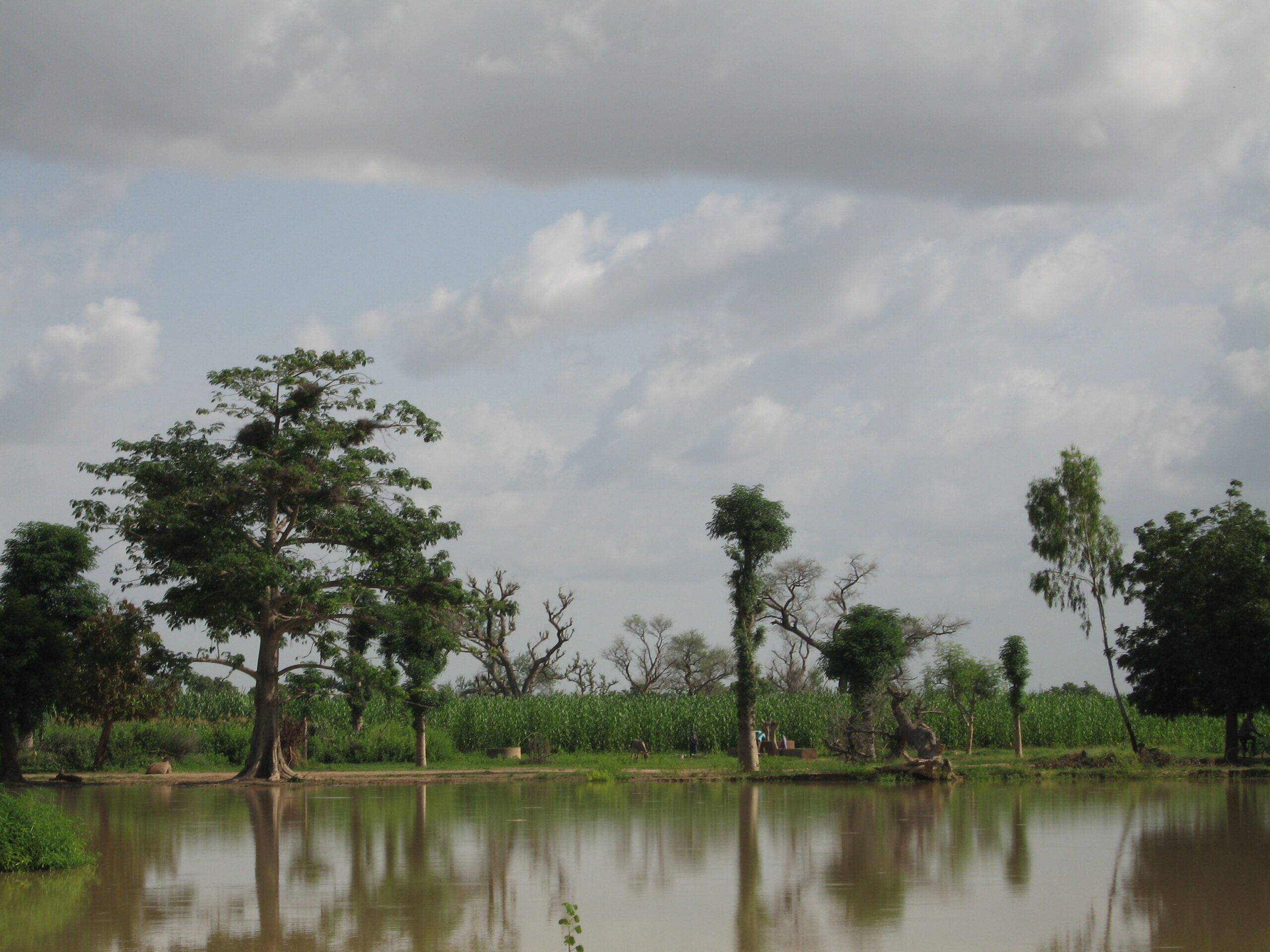2017 Crook Fellow Amara Uyanna is interning with Sustainability International this summer in Nigeria, and updates us here on the environmental conditions of the Niger Delta region, where among other responsibilities she is coordinating bioremediation efforts in the area:
“Time is an illusion” just as much as “time is of the essence.” Either of the preceding axioms can be used depending on context. In my opinion, time has been of the essence with regards to the Niger Delta.
For over five decades, the Niger Delta has been the oil hub of Nigeria, the eighth largest oil producing country. The region is home to millions, and the total land area of the region is approximately 70,000 sq km i.e. the sum of the land areas of Massachusetts, Hawaii and Connecticut. Before the discovery of crude oil in the region, fishing and farming were the occupations most prevalent among the locals. The region is comprised of abundant mangrove forests and is sometimes referred to as a global biodiversity hotspot.

Unfortunately, the discovery of oil combined with weak environmental policies, government incompetence and inefficient exploration practices led to decades of environmental pollution through oil spills, illegal oil bunkering and gas flaring. The pollution has affected everything from groundwater to topsoil to the daily lives of the people. Some of the accompanying effects on the public health, socioeconomic status and general development of the region have been devastating.
After several decades of negligence, the Nigerian Government finally launched the oil spill clean up on June 2nd, 2016. I hoped that the launch would signify the beginning of a new era: the era of a rejuvenated Niger Delta. Sadly, it’s been more than one year now and nothing significant seems to have been done regarding the cleanup of the region.
During my summer internships with Sustainability International and ExxonMobil, I got to spend time in the Niger Delta. In the weeks I spent in the Niger Delta, I witnessed hope in myriad forms. Although I saw injustice, waste and pollution, it is the hope and will to live of the Niger Delta locals that should be emphasized.
Despite having been pulled out of school by parents whose livelihoods had been ruined by oil spills, the little children I met had a hunger for life in their eyes. Joy, a ten-year old girl whose father can no longer afford her fees, said to me “I want to follow you so you can teach me how to speak like you.” The fishermen have also displayed immense strength in the face of hardship as they continue to travel to neighboring villages in order to fish while they await the cleanup of their polluted ponds.

Amidst all their hope, there is a daunting urgency to the Niger Delta situation. The decades of environmental pollution have left the riverine community with dilapidated infrastructure, reduced life expectancy, higher exposure to violence, and rampant illiteracy.
Undoubtedly, the Niger Delta situation is a complicated one. It is multifaceted and requires a holistic approach in order to yield significant impact. For the restoration of the region to be successful, accountability must be non-negotiable – it will demand that we make our obligations to our fellow men central to our actions. It will be a hard ask, but it is a necessary task.
The United Nations’ Environment Programme’s Environmental Assessment estimates that the environmental restoration of the region could take up to thirty years. I hope it does not take that long. With every passing day, I fear that the hopes I saw will wane. More than the waning of the hope, I fear that the world will continue to approach the Niger Delta crisis from the “time is an illusion” perspective instead of from the “time is of the essence” perspective.
This blog post was first published by The Robert Strauss Center at The University of Texas at Austin on 5 July 2017.

